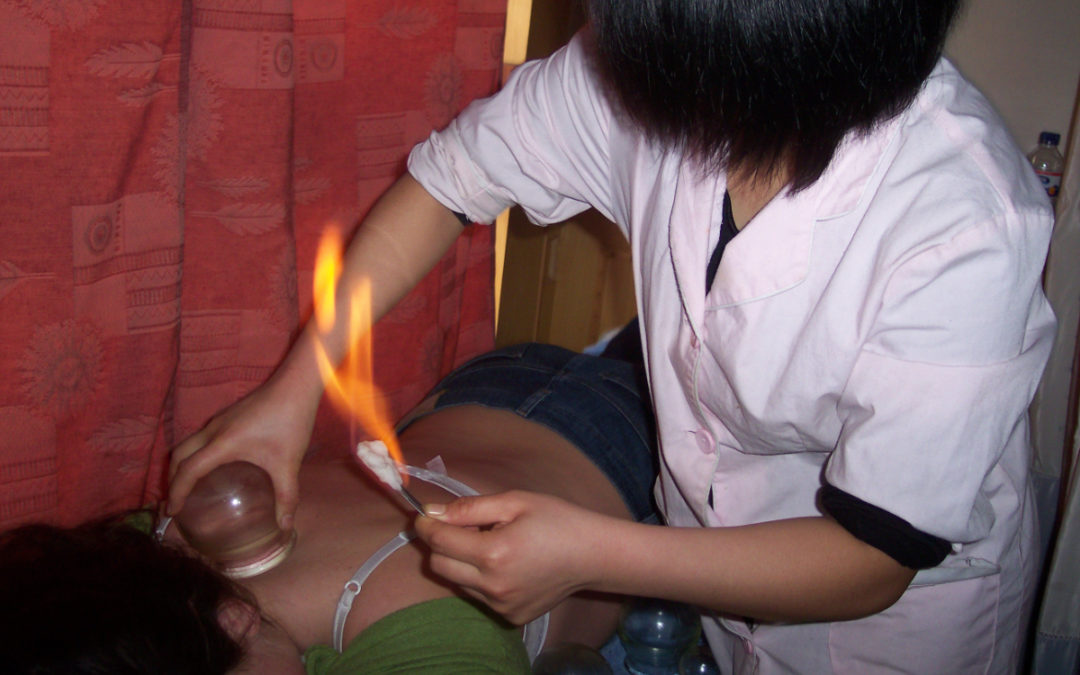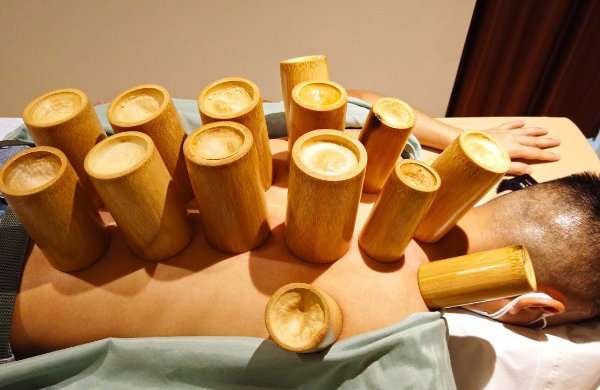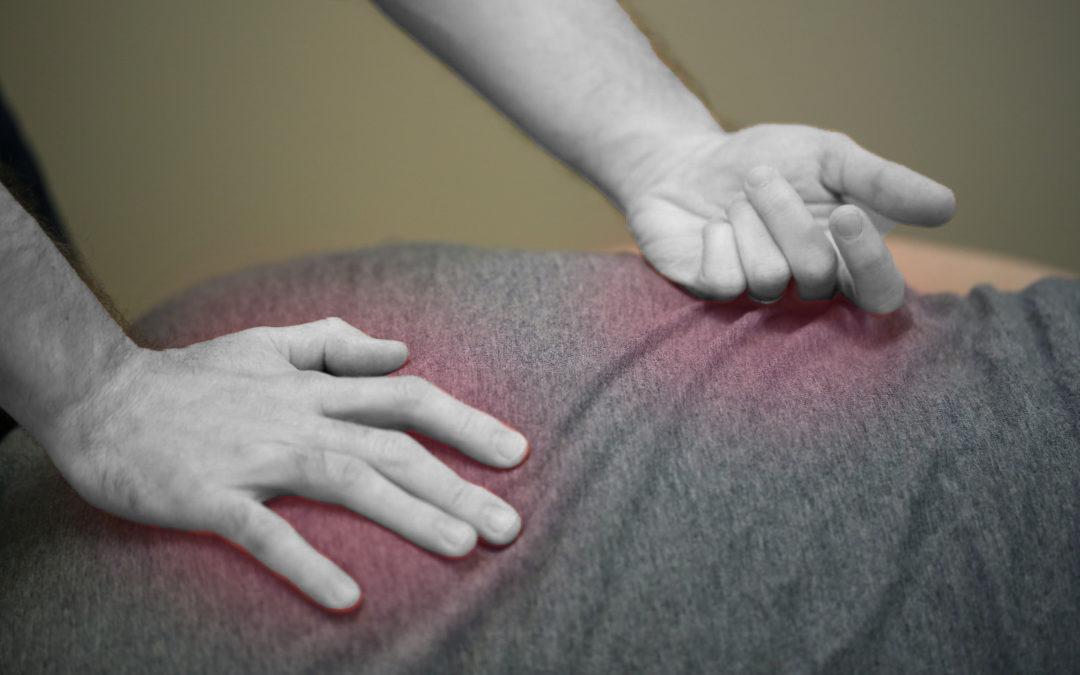
Cupping therapy
Relax and detoxify with cupping
Cupping is an ancient technique adopted by the Egyptians, Greeks, Romans and Chinese. Rediscovered and praised by Hippocrates, it was practiced by our grandmothers until the end of the First World War, before the advent of antibiotics.
Used in China as a healing method for millennia, the technique has evolved over time to become part of the arsenal used by Chinese doctors. Cupping therapy aims to balance the flow of vital energy (qi) in the body. Cupping is used to stimulate blood circulation, lymph and energy in the body.
Cupping draws pathogenic factors such as wind, cold and heat to the surface, draining and eliminating them. This is what makes this technique so effective for colds and bronchitis. By drawing blood to the surface, cupping also helps relieve pain caused by muscular tension or stiffness; in fact, it frees the blood stases at the origin of such pain.
Once made of cow horn or bamboo, suction cups are now more often than not made of glass, plastic or Plexiglas.
How does a suction cup work?
According to the principles of Traditional Chinese Medicine (TCM), the appearance of pain at an acupuncture point is a sign of dysfunction in the corresponding organ. Suction cups are placed on the skin at acupuncture points along the meridians, and more precisely in the areas felt to be painful.
The application of one or more suction cups frees the organ from blockages, helping to relax and relieve congestion.
The vacuum under the glass bell is created by burning oxygen with a flame, or with a hand pump on more modern plastic suction cups. Suction cups can be fixed on the body’s points of tension, or mobile as a massage tool on oiled skin.
Cupping causes blood to flow upwards, generally indicating a high level of impurities. The hematoma will be visible for 2 to 4 days. As the sessions progress, the phenomenon will fade.
Cupping can be an effective aid, complementing ongoing treatment such as acupuncture. In the event of crisis or acute pain, they can be used more regularly.
In cases of stress, joint or muscle pain, when waking up, before sleeping, before physical effort or after intense exertion, cupping will always have its place to relieve and make our patients’ days more comfortable.

The different cupping techniques
Techniques for using suction cups vary according to the suction method, suction power, area treated, other materials used with the suction cups… Techniques include suction cups:
- Dry :
A vacuum is created inside the suction cups using fire or a hand pump. Dry suction cups are also known as static suction cups. - Mobile (massage):
Oil is applied to the skin and the suction cups are moved with gentle suction. Massage suction cups are also known as dynamic suction cups, sliding suction cups and mobile suction cups. - Eclair (or empty suction cups):
Suction cups are applied over a short period of time, less than 30 seconds at a time. This is also known as empty cupping. - Wet:
The skin is lightly pierced before the cups are applied. This method is also known as bleeding cupping. - Herbal:
The practitioner boils an herbal solution, soaks bamboo cups and applies the slightly cooled cups to the skin.
It should be noted that techniques are evolving towards magnetic or electrical systems. As far as we’re concerned, we’re committed to maintaining traditional techniques.
The benefits of cupping

Generally speaking, the influx of blood to the area where the suction pad is positioned will drain toxins.
The suction effect activates blood circulation where the suction pad is placed.
This localized congestion reduces pain, unblocks blockages, accelerates recovery of tired muscles and enhances tissue repair.
Cupping therapy has a reputation for relieving discomfort and improving quality of life. The following conditions can improve with this technique:
- Low back pain. Cupping helps reduce pain and improve function in people with acute and chronic low back pain.
- Fibromyalgia. Cupping therapy, alone or with acupuncture, helps relieve pain in patients with fibromyalgia.
- Chronic neck pain. Cupping helps to relax neck muscles and make them more flexible.
- Heavy menstrual bleeding. Dry cupping helps reduce menstrual blood flow in women with menorrhagia.
Cupping therapy also shows improvements in :
- digestive problems,
- lung and respiratory diseases, including bronchitis, asthma and pneumonia,
- high blood pressure,
- cellulite,
- tendonitis,
- sprains,
- cramps,
- sports recovery,
- sleep disorders,
- skin problems.



